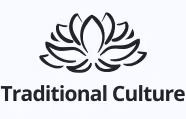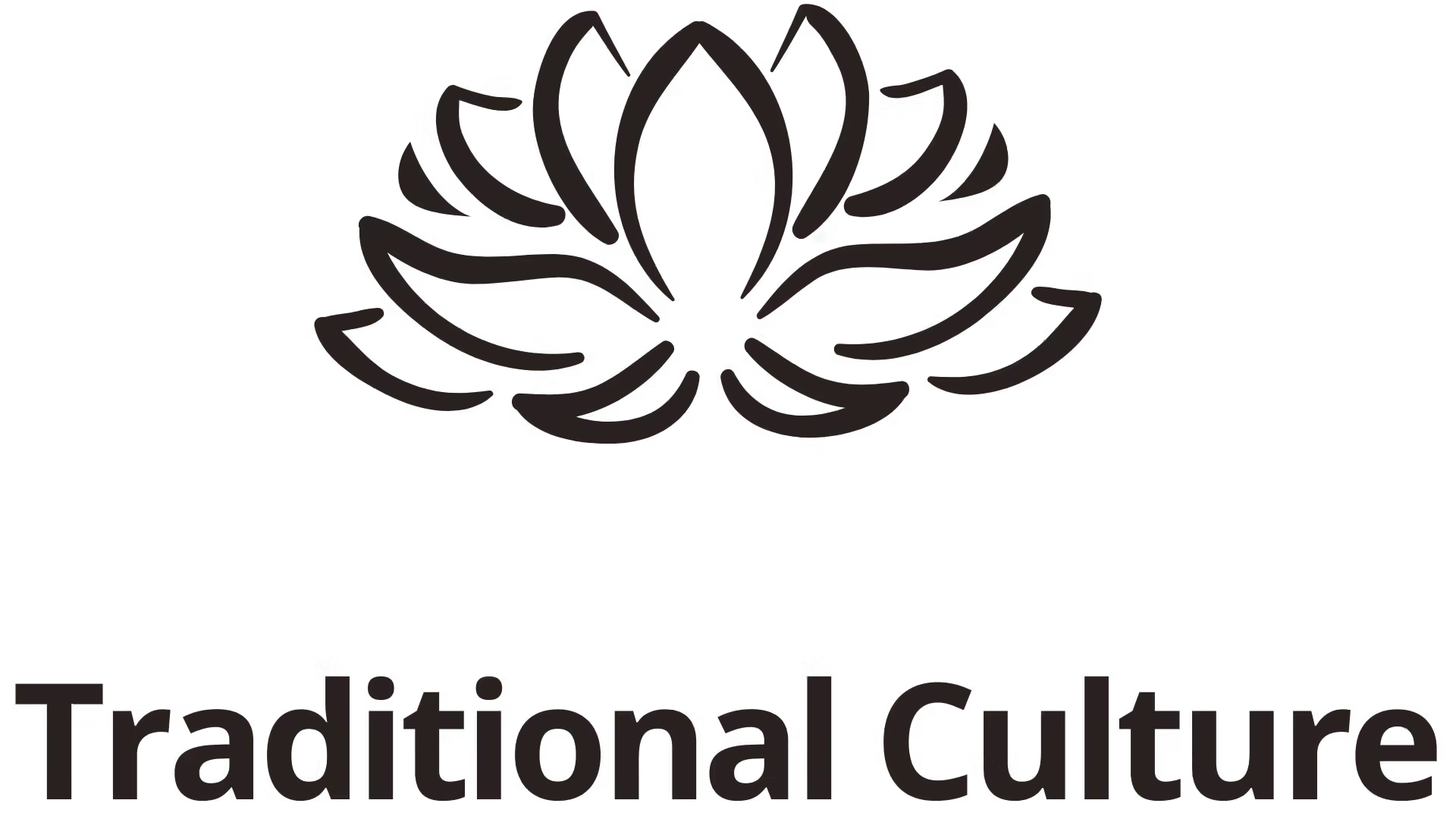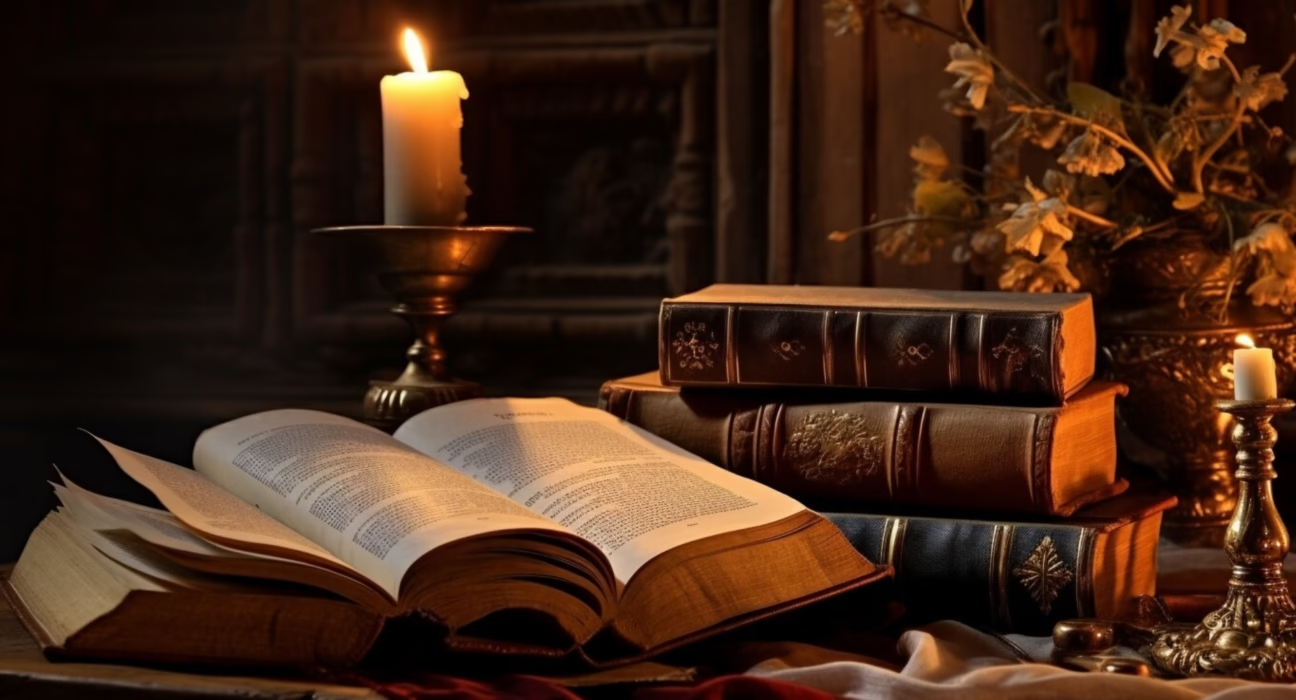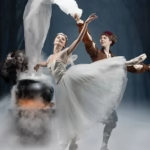Epic poetry, a remarkable literary form that transcends time and cultural boundaries, has captivated audiences for centuries. Rooted in the oral traditions of ancient civilizations, epic poetry serves as a bridge connecting generations through its powerful narratives of heroism, valor, and human experience. This captivating genre not only recounts heroic deeds but also encapsulates the values, beliefs, and aspirations of societies, making it an essential component of our literary heritage.
Understanding Epic Poetry: Definition and Characteristics

Epic poetry is distinguished by its long-form narrative structure, often presented in verse, that chronicles the extraordinary journeys and accomplishments of its characters. These works go beyond mere storytelling; they embody the cultural and spiritual essence of a particular era or civilization. According to Encyclopedia Britannica, epic poetry can manifest both orally and in written form, with notable examples including Homer’s Iliad and The Epic of Gilgamesh.
This section will delve deeper into the defining characteristics of epic poetry, exploring its narrative techniques, thematic elements, and societal reflections.
The Structure of Epic Poetry

At the heart of every epic poem lies a complex structure characterized by its length and narrative style. Epics are often composed in elevated language, employing various poetic devices such as meter, rhyme, and repetition to create a rhythmic flow that enhances the storytelling experience.
Epic poetry typically follows a specific format, including an invocation to the muse, a statement of the theme, and the presentation of the main character’s journey. These elements serve to engage the audience, drawing them into the world of the poem while establishing a sense of grandeur befitting the heroic tales being told.
The use of vivid imagery and symbolism further enriches the narrative, allowing readers to visualize the epic landscapes and monumental battles described within its verses. In this way, the structure of epic poetry not only captivates the audience’s imagination but also amplifies the moral and ethical dilemmas faced by the characters, inviting reflection on the complexities of human existence.
Themes and Motifs in Epic Poetry

Epic poetry often explores universal themes such as heroism, honor, fate, and the struggle between good and evil. These motifs resonate with readers across cultures and eras, serving as a mirror reflecting societal values and human experiences.
For instance, the concept of the tragic hero is prevalent in many epic narratives, where the protagonist embodies noble qualities yet ultimately faces downfall due to a tragic flaw or external circumstances. This archetype invites readers to ponder the nature of heroism and the consequences of choice, challenging them to reflect on their own lives and decisions.
Additionally, the relationship between humanity and the divine is a recurring theme in epic poetry. Gods and goddesses frequently intervene in the affairs of mortals, shaping destinies and altering the course of events. This interplay raises questions about fate, free will, and the role of divine influence in human endeavors, encouraging readers to consider the complexity of their own beliefs and experiences.
Cultural Reflections Through Epic Poetry
One of the most compelling aspects of epic poetry is its capacity to reflect the cultural values and societal norms of the civilizations from which it emerges. These works often encapsulate foundational myths, historical events, and collective beliefs, providing insight into the worldview of a given culture.
For example, the Mahabharata, an ancient Indian epic, underscores the significance of dharma (duty) and the ethical dilemmas faced by its characters. This emphasis on moral responsibility resonates deeply within Indian philosophy and continues to influence contemporary thought.
Similarly, the Iliad presents a profound exploration of honor, glory, and the consequences of war, mirroring the values of ancient Greek society. Through these narratives, epic poetry serves as a lens through which we can examine the evolution of human thought and cultural identity across time.
The Evolution of Epic Poetry: Historical Perspectives

Epic poetry has undergone significant transformations throughout history, adapting to changing societal contexts and artistic innovations. From ancient narratives rooted in oral tradition to modern interpretations that challenge conventions, the evolution of epic poetry reflects the dynamic interplay between culture and literature.
This section will explore the historical development of epic poetry, tracing its origins, key figures, and the ways in which it has evolved over the centuries.
Origins and Early Examples of Epic Poetry
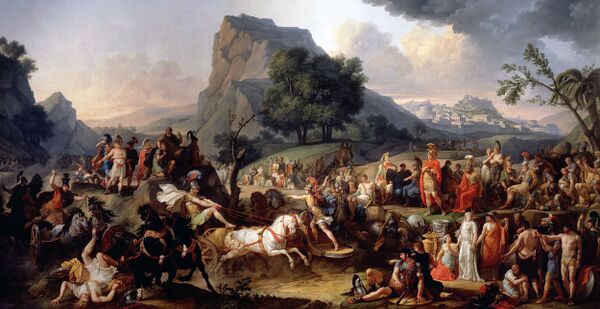
The roots of epic poetry can be traced back to ancient civilizations, where oral traditions flourished as a means of preserving history and cultural heritage. Oral poets, known as bards or storytellers, played a crucial role in transmitting epic tales, relying on memory and improvisation to keep the narratives alive.
One of the earliest examples of epic poetry is The Epic of Gilgamesh, a Mesopotamian masterpiece that dates back to around 2100 BCE. This work not only narrates the adventures of its titular hero but also delves into profound themes such as friendship, mortality, and the quest for meaning — ideas that remain relevant to contemporary audiences.
As societies evolved, so too did the art of epic poetry. The emergence of written language provided new opportunities for poets to document their narratives, leading to the creation of enduring texts like the Iliad and the Odyssey. These works not only solidified the status of epic poetry as a literary form but also laid the groundwork for future generations of poets.
Key Figures in the Development of Epic Poetry

Throughout history, several prominent poets have made significant contributions to the evolution of epic poetry. These literary giants have shaped the genre through their innovative approaches, thematic explorations, and stylistic choices.
Homer, often regarded as the father of epic poetry, crafted timeless masterpieces that continue to resonate with readers today. The Iliad and the Odyssey explore the complexities of human relationships, the impact of war, and the pursuit of eternal glory. Homer’s masterful use of language and narrative technique has influenced countless writers and remains a cornerstone of literary studies.
Another pivotal figure is Virgil, whose Aeneid offers a Roman perspective on epic storytelling. Drawing inspiration from Homeric traditions, Virgil weaves together themes of duty, destiny, and national identity, creating a work that speaks to the values of Roman society. The Aeneid not only solidified Virgil’s place in literary history but also established a model for future epic poets to emulate.
Modern Interpretations of Epic Poetry
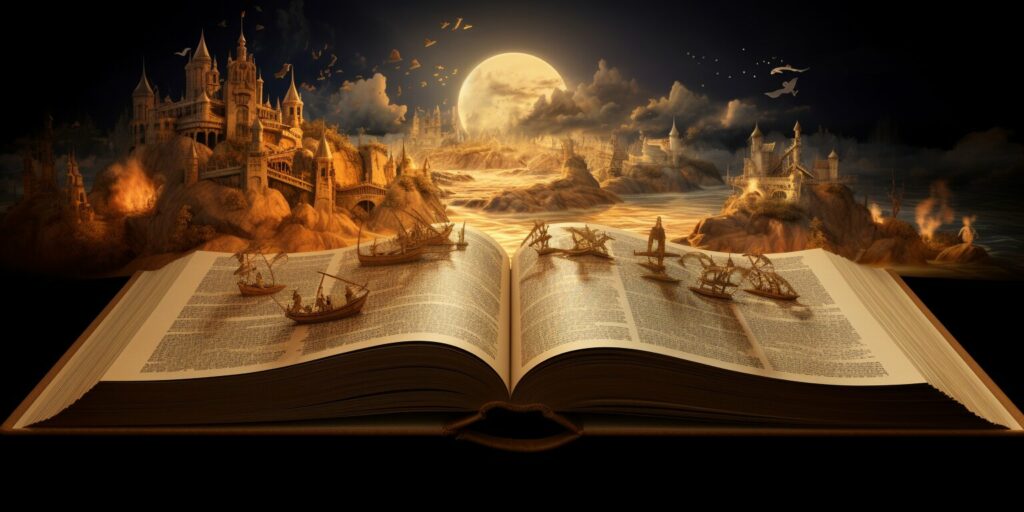
As society progresses, so does the interpretation of epic poetry. Contemporary poets and writers have embraced the genre, reimagining traditional narratives and infusing them with modern sensibilities. This evolution reflects the changing cultural landscape and the diverse experiences of contemporary audiences.
Modern epic poetry often incorporates themes that resonate with current social issues, such as environmental concerns, identity politics, and the quest for social justice. By weaving these themes into the tapestry of epic storytelling, contemporary poets breathe new life into the genre while remaining rooted in its rich history.
For instance, recent adaptations of classic epics, such as Derek Walcott’s Omeros, demonstrate how the essence of epic poetry can be preserved while exploring contemporary themes related to post-colonial identity and cultural displacement. These innovative interpretations showcase the adaptability of the genre and its continued relevance in addressing the complexities of modern life.
The Role of Epic Poetry in Cultural Transmission

Epic poetry serves as a vital vessel for cultural transmission, enabling societies to communicate their values, beliefs, and historical narratives across generations. Through its rich narratives and engaging storytelling, epic poetry fosters a sense of shared identity and continuity within communities.
This section will examine the mechanisms by which epic poetry facilitates cultural transmission, exploring its impact on identity, community, and the preservation of heritage.
Epic Poetry as a Means of Preserving History
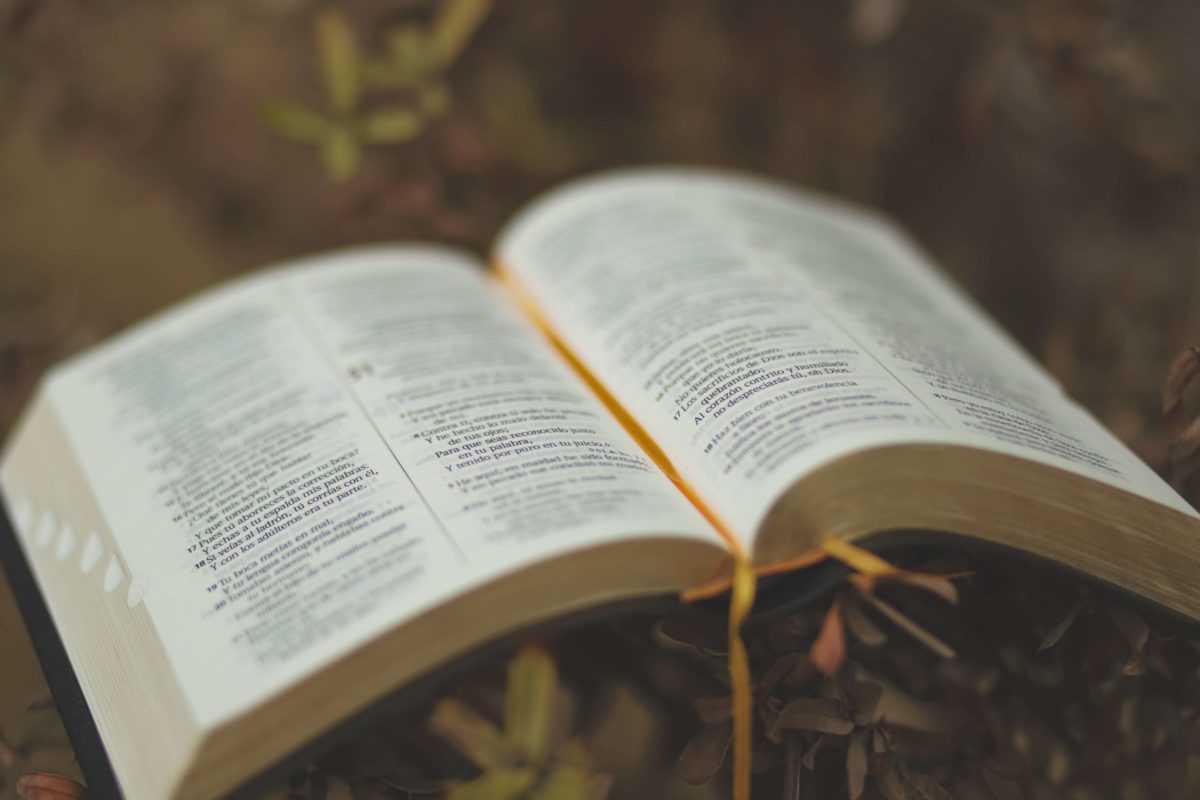
Epic poetry functions as a historical record, capturing significant events, cultural milestones, and collective memory. By immortalizing these moments in verse, epic poems ensure that the stories of past generations endure, allowing future generations to connect with their heritage.
The oral tradition of epic poetry played a crucial role in preserving history before written records became widespread. Through the recitation of epic tales, communities were able to pass down knowledge, values, and customs, effectively shaping their cultural identity. This practice reinforced a sense of belonging and continuity, fostering communal bonds that transcend time.
Moreover, the written documentation of epic poetry has further solidified its role as a historical archive. Classic works such as the Mahabharata, the Iliad, and the Aeneid continue to be studied and analyzed, providing valuable insights into the societies that produced them. Through these texts, contemporary readers gain access to the thoughts, struggles, and aspirations of those who came before them, enriching their understanding of human experience.
The Impact of Epic Poetry on Identity Formation
Epic poetry plays a significant role in shaping individual and collective identities. By framing narratives around heroic figures and grand quests, epic poems instill a sense of pride and purpose within communities, influencing how individuals perceive themselves and their place in the world.
Heroic ideals found in epic poetry often inspire individuals to aspire to greatness, encouraging them to embody qualities such as courage, honor, and resilience. This aspiration not only shapes personal identity but also contributes to the formation of communal identity, as individuals unite under shared values and narratives.
Furthermore, epic poetry can serve as a tool for empowerment, particularly in marginalized communities seeking to assert their identity and reclaim their narratives. By reinterpreting traditional epic forms and infusing them with contemporary themes, poets can amplify voices that have been historically silenced, fostering a greater sense of representation and inclusivity.
Fostering Community Bonds through Epic Poetry
The communal aspect of epic poetry is evident in its performance tradition, where bards or storytellers gather audiences to share their tales. These performances create a space for collective engagement, fostering social cohesion and reinforcing cultural ties.
In many cultures, epic poetry is not merely a solitary endeavor but a communal celebration. Festivals, gatherings, and rituals often incorporate epic recitations, turning them into shared experiences that strengthen community bonds. These occasions allow individuals to connect with their cultural heritage while reinforcing their collective identity.
Moreover, the act of sharing epic poetry encourages intergenerational dialogue, bridging the gap between young and old. Through the transmission of stories, wisdom, and experiences, epic poetry cultivates mutual understanding and respect among different generations, ensuring that cultural legacies endure.
The Future of Epic Poetry: Innovations and Adaptations

In the digital age, the consumption and creation of literature are undergoing seismic shifts, offering new avenues for the expression of epic poetry. As technology fosters innovation in storytelling, epic poetry is evolving, embracing diverse mediums and contemporary themes to reach wider audiences.
This section will explore the potential futures of epic poetry, considering how technological advancements and cultural shifts may reshape the genre in exciting and unexpected ways.
Digital Platforms and the Evolution of Storytelling
The rise of digital platforms has transformed the way literature is consumed and created. Epic poetry, traditionally bound to print and oral performance, is now being experienced through various formats, including e-books, podcasts, and interactive media.
These digital platforms provide poets with unprecedented opportunities for creativity and experimentation. For instance, multimedia storytelling allows poets to integrate visual and auditory elements, enhancing the richness of their narratives. This fusion of art forms invites audiences to engage with epic poetry in novel ways, expanding its reach and appeal.
Moreover, the accessibility of digital platforms democratizes the creation of epic poetry, empowering emerging voices and diverse perspectives. Aspiring poets can share their work with global audiences, fostering a vibrant and inclusive literary community that reflects the complexities of contemporary society.
Addressing Contemporary Issues through Epic Poetry
As society grapples with pressing challenges such as climate change, social justice, and technological advancement, epic poetry has the potential to become a powerful medium for addressing these issues. By intertwining traditional epic narratives with contemporary themes, poets can create resonant works that speak to the urgency of modern dilemmas.
Imagine an epic poem where the hero confronts not only mythical monsters but also the daunting realities of climate change and environmental degradation. Such narratives can catalyze discussions around accountability, stewardship, and collective responsibility, inspiring readers to take action in their own lives.
Moreover, epic poetry can serve as a platform for marginalized voices, offering a space to explore identity, trauma, and resilience. By foregrounding diverse experiences, contemporary epic poets can challenge dominant narratives and initiate conversations around justice, equity, and representation.
The Resurgence of Oral Traditions in a Modern Context
While written epic poetry remains significant, there is a growing resurgence of oral traditions in contemporary storytelling. Performance poetry and spoken word have gained popularity, reviving the communal and interactive aspects of epic poetry that characterized its origins.
These modern iterations invite audiences to participate actively in the experience, blurring the lines between poet and listener. The immediacy of live performances encourages emotional connections and creates a sense of shared experience, reminiscent of the epic recitations of ancient times.
As poets embrace this revival of oral traditions, they draw upon the power of storytelling to engage communities and foster dialogue. Whether performed in intimate settings or at large festivals, these modern epic poems offer a platform for cultural expression and social commentary, ensuring that the spirit of epic poetry endures.
Conclusion

Epic poetry stands as a testament to the enduring power of storytelling, transcending time, culture, and circumstance. Through its rich narratives, complex characters, and universal themes, epic poetry continues to resonate with audiences, offering insights into the human experience and the intricacies of societal values.
As we navigate the complexities of modern life, the legacy of epic poetry remains vital. It serves as a bridge connecting generations, fostering cultural transmission, and inspiring individuals to aspire to greatness. The evolution of epic poetry in the digital age presents exciting opportunities for innovation and adaptation, ensuring that this revered genre remains relevant.
Through its ability to address contemporary issues and revive oral traditions, epic poetry retains its status as a powerful medium for self-expression and cultural reflection. As we look to the future, we celebrate the rich tapestry of epic poetry, recognizing it as not only a literary form but also a living testament to the human spirit.
✉️ Stay Connected — Subscribe for Weekly Updates
Discover timeless stories, practical wisdom, and beautiful culture — delivered straight to your inbox.
*We only share valuable insights — no spam, ever.

